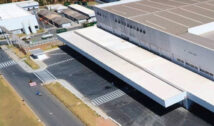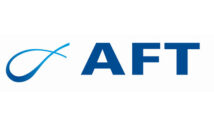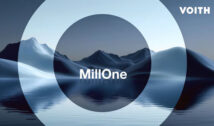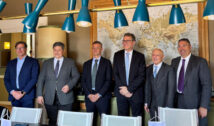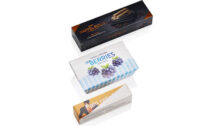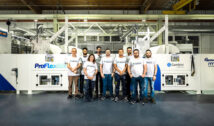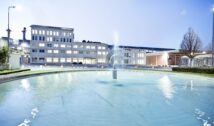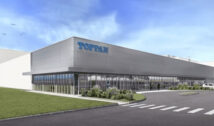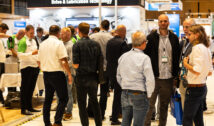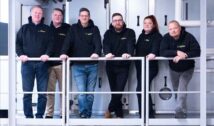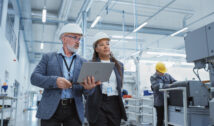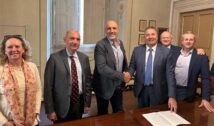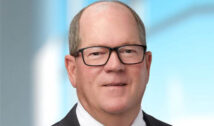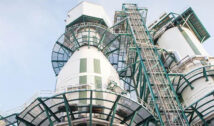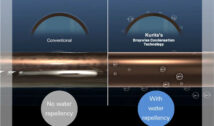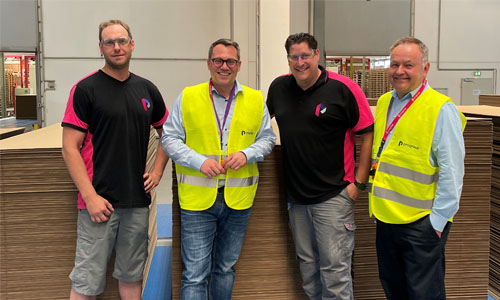
Progroup’s whole business model is geared towards doing business sustainably. This starts with the containerboard and corrugated board sheets that the company produces – the perfect recycled products – and the production process that conserves lots of resources, and also extends to the long-term relationships that Progroup maintains with its customers and partners. The Schüttorf site is a perfect example of this and Tiemo Wölken, Member of the European Parliament (MEP), has now also seen this for himself.
“The Schüttorf site provides a thrilling insight into the modern production process for a product that is more of a part of our daily lives than we really appreciate,” said the MEP during his visit.
“We’ve had close links with the community of Schüttorf and the state of Lower Saxony for many years, and will continue to do so,” explains Maximilian Heindl, Chief Executive Officer of Progroup. “We also see our future here – as a strong employer and economic force for the region.”
Sustainable packaging park
Progroup has had a corrugated sheetfeeder plant at this site since 2005, and it was expanded to create a packaging park in 2010. What this means in practice is that the corrugated board sheets that Progroup produces are transported via a conveyor bridge directly to the company’s neighbour, which then turns them into packaging. A significant amount of CO2 emissions and freight costs are saved and delivery times are reduced by the two companies having closely interlinked logistics and production processes. It is a successful model that Progroup implements at most of its corrugated board production facilities.
Preserving resources, closing loops
At some of its operating facilities, the company actually goes one step further and expands them to create complete zero-waste sites – one example is the site in Eisenhüttenstadt (near Frankfurt/Oder). The paper factory there is connected to a waste-to-energy plant that supplies the energy needed for paper production – and does so by thermally utilising rejects. These are waste materials that originate from the company’s own paper production and also from industry. This allows Progroup not only to reduce the use of fossil fuels and save significant amounts of CO2, but also to conserve resources and embrace the circular economy in its production. Progroup will be completely carbon-neutral by 2045.


